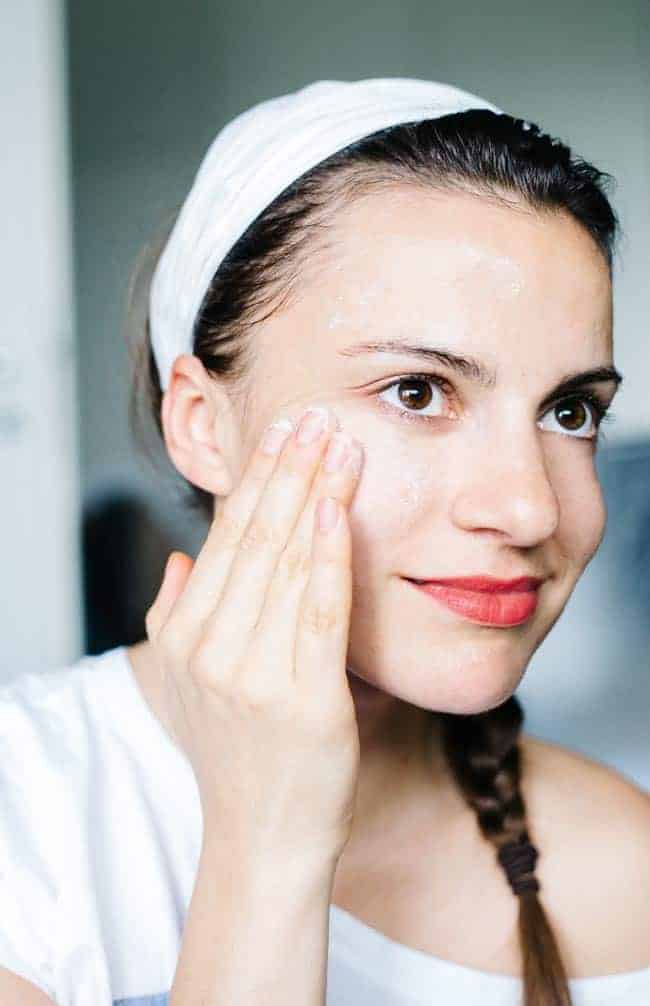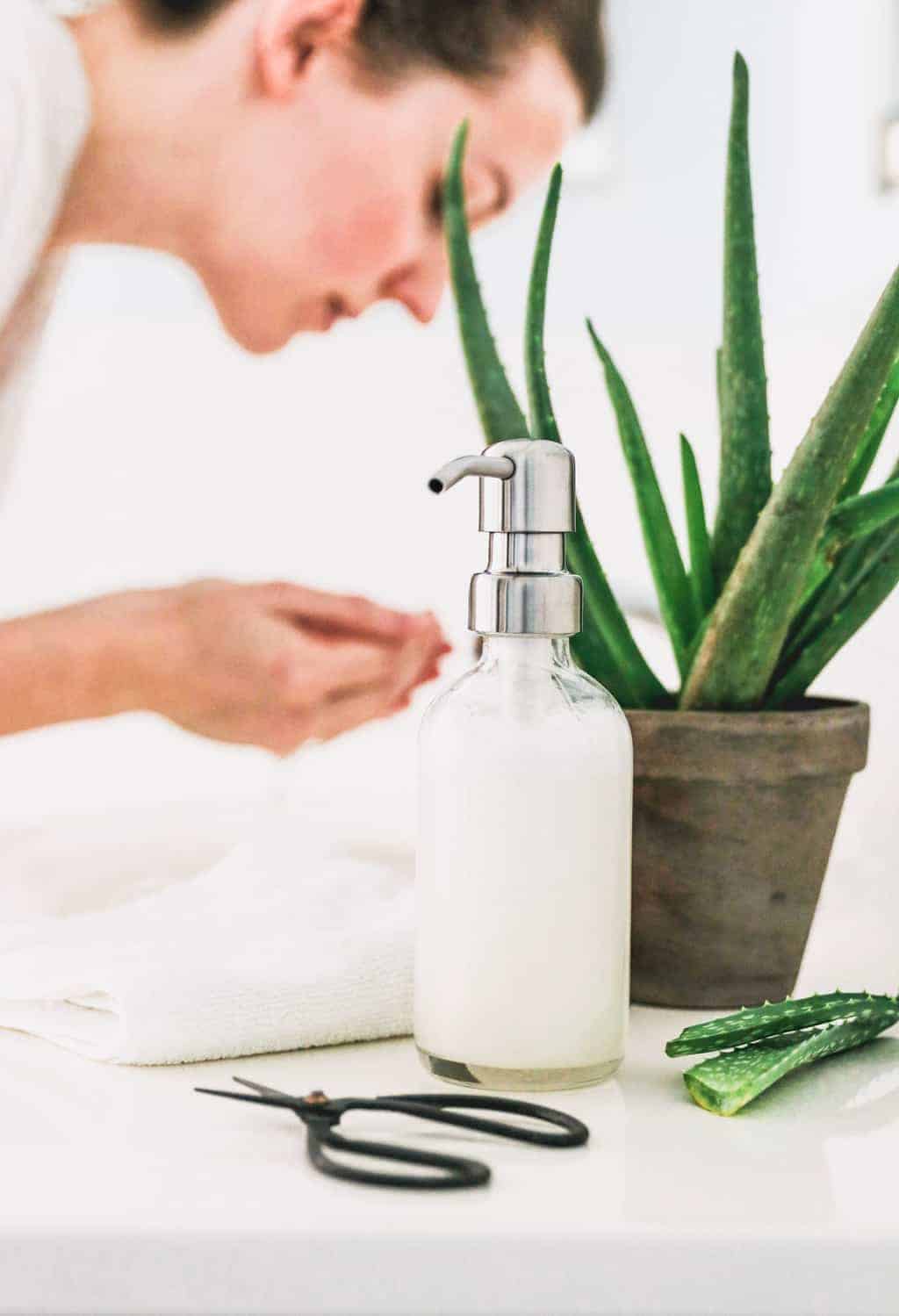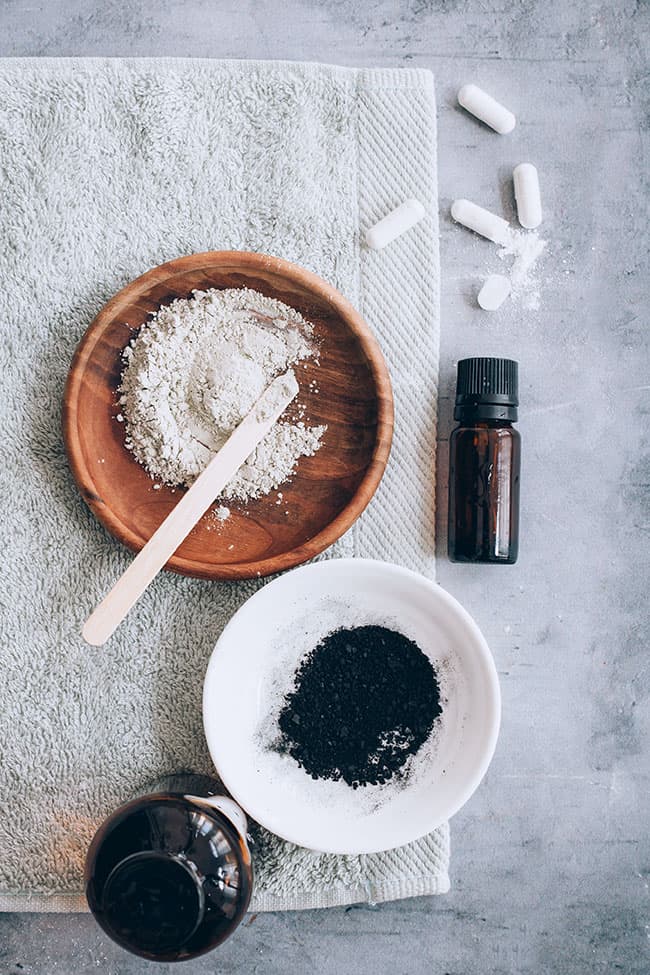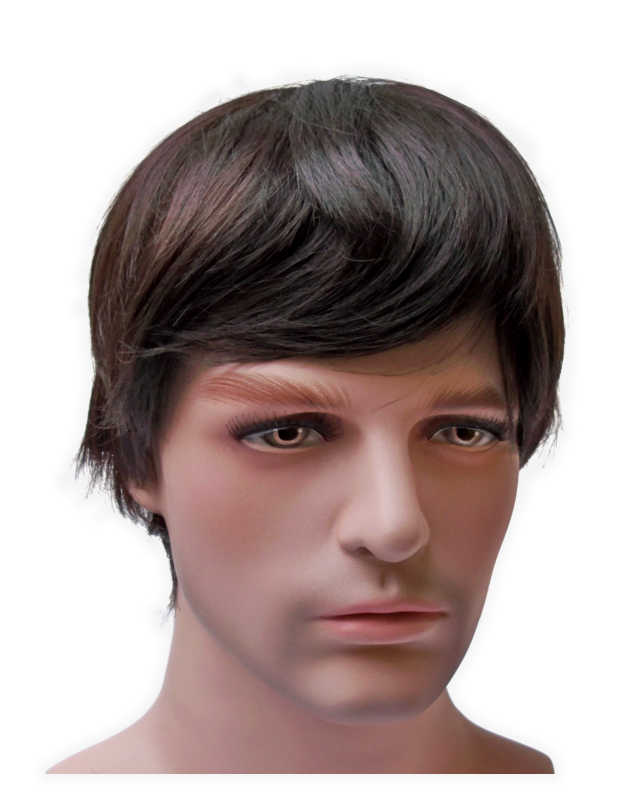7 Derm-Approved Tips for Unclogging Pores At Home
[ad_1]
We all have pores, and most of us can agree they can be rather pesky, especially when they appear large, oily, and get in the way of our skincare and makeup routine. That’s why there are countless products on the market claiming to unclog pores and even minimize their appearance.
Before you spend your hard-earned money on these products, many of which are total gimmicks, it’s a good idea to understand what clogged pores actually are and get some expert feedback on how best to treat them.
Meet the experts
Blair Murphy-Rose, M.D., a cosmetic and medical dermatologist in N.Y.C
Enrizza Factor, M.D, a dermatologist at EPF Dermatology
Dendy Engelman, M.D., a cosmetic dermatologist and Mohs surgeon
Michele Farber, M.D., a dermatologist at Schweiger Dermatology Group
Brendan Camp, M.D., a dermatologist with MDCS Dermatology

What is a clogged pore?
Also known in the medical world as “comedones,” clogged pores are simply pores laden with trapped sebum, debris, dead skin cells, skincare products, makeup, and bacteria, explains Blair Murphy-Rose, M.D., a cosmetic and medical dermatologist in N.Y.C and the Hamptons with Laser & Skin Surgery Center of New York and Clinical Instructor of Dermatology at N.Y. Presbyterian Hospital – Weill Cornell Medical Center.
Pores are perfectly normal—we all have some 20,000 or so of them on our faces. And they play an important role: releasing oil and sweat so our skin can function well. When pores are clogged, however, it can result in blackheads, whiteheads, and acne.
“Clogged pores can look enlarged, bumpy, or, in the case of blackheads, dark in color,” explains Enrizza Factor, M.D, a dermatologist at EPF Dermatology in the Philippines. “The more oil that a person’s skin produces, the more likely it is that their pores will become blocked.”
What exactly causes clogged pores?
There are plenty of culprits that can lead to clogged pores, many of which we are guilty of doing every day.
Not washing your face regularly
Chances are, you know it’s important to wash your face. In fact, when you skip a session—be it in the morning or at night—you’re not properly removing dead skin cells, makeup, sweat, and other pore-clogging materials, warns Dendy Engelman, M.D., a cosmetic dermatologist and Mohs surgeon at Shafer Clinic in New York City. “Simply cleansing once or twice a day can help prevent clogged pores,” she says.
Washing your face too often
It might sound counterintuitive, but it is possible to over-cleanse and over-exfoliate, both of which may strip your skin of its natural oils, causing your oil glands to overcompensate and create even more oil that then clogs your pores, warns Dr. Factor. She recommends cleansing your skin twice daily—once in the morning and once at night before you go to bed—and exfoliating your face 2-3 times per week.
If you’re starting to notice irritation associated with your exfoliation, she suggests cutting down the number of times you do so to only once per week.
Using beauty products that are too occlusive
“If a topical product creates an occlusive layer over the skin, it can block the flow of sweat and sebum out of pores and cause it to mix with dead skin cells, dirt, and other material, thus plugging up the pore,” explains Dr. Engelman. “Skincare products that have a thick, gel-like consistency, like petroleum jelly, and foundation that isn’t formulated to be noncomedogenic are common causes of clogged pores, especially if you are sweating underneath the layer.”
Excess sebum
If your skin is oily, it is more prone to clogged pores. Most of the time, your oily skin is the result of genetics, hormones, diet, and environmental conditions. “Overly dry skin may also produce excess sebum in an attempt to self-moisturize the skin barrier,” says Dr. Engelman. “If you’re eating a balanced diet, drinking plenty of water, and sticking to a good skincare routine (cleansing and moisturizing at minimum) and your skin remains excessively oily, it may be a good idea to see your dermatologist.”
Is it really possible to unclog pores?
Good news: Yes! It is possible to unclog pores. What’s not possible, however, is to change the actual size of your pores, as this is genetic, according to Michele Farber, M.D., a dermatologist at Schweiger Dermatology Group in Philadelphia.
“Proper skin care is paramount—including using noncomedogenic, gentle washes and moisturizers, and using a retinol, as well as gentle exfoliation to remove excess debris on the skin,” she adds.
7 Derm-Approved Tips for Unclogging Pores
Here, dermatologists share their best tips for how to unclog pores and keep your skin looking healthy.

1. Wash your face regularly.
This advice might be rather basic, but it’s important, as washing your face regularly is one of the most essential ways to keep pores clean. “Always wash your face at the end of the day before sleeping to remove sunscreen, makeup, etc.,” says Dr. Murphy-Rose. “Sleeping with products like these can allow the gunk to get trapped into pores and cause skin issues.”
2. Don’t pick at your face.
This tip is important. While it might seem like a good idea to manually remove the buildup from inside your pores, doing so can actually create acne scars if enough damage is done to the epidermis and dermis, warns Brendan Camp, M.D., a dermatologist with MDCS Dermatology.
“The area around an acne bump is already fragile and susceptible to injury; picking or popping the pimple will further damage the skin and trigger additional inflammation,” he explains. “This inflammatory response can injure the dermal layer of skin and trigger scar formation and also causes pigment or melanin to be deposited in the dermis, leaving behind a dark spot.”
3. Try a pore strip.
You might have seen these small devices being sold at your local drugstore or beauty store. Well, according to Dr. Camp, they actually work.
“Pore strips use an adhesive to pull away the top layer of skin cells and the contents of pores, including dead skin, oil, and blackheads,” he describes. They are helpful to use occasionally, but he does warn that repeated use of the adhesive can damage the skin, so it’s important to be careful and not overdo it.
4. Use a retinol.
So long as you’re not pregnant or breastfeeding, retinol can be a great addition to your skincare routine—especially if you have clogged pores. “Retinol or prescription-strength retinoids can very effectively prevent clogged pores over time, primarily by shrinking sebaceous glands and making them less productive (read: less sebum so less sebum buildup),” explains Dr. Murphy-Rose.
Don’t worry if you don’t see results at first, as it can take up to 6 weeks of continuous use to see improvement. Dr. Murphy-Rose recommends starting with an over-the-counter retinol cream or adapalene gel 3 nights a week and increasing the frequency to nightly use as your skin adapts.
“Alternatively, you can see a dermatologist to discuss possible treatment with a prescription-strength retinoid,” she says. “Retinoids cause atrophy of sebaceous glands over time, rendering them less likely to be clogged.”

5. Apply a clay or charcoal mask.
As another step to improve your complexion, consider adding a clay or charcoal mask to your skincare regimen. Clay and charcoal work to clear pores by drawing away dead skin cells, oil, and grime to provide a deep clean. These masks can help mattify oily skin, explains Dr. Camp.
However, he does warn that overuse could actually yield the opposite results. “Stripping the skin of too much natural oil or sebum could cause the skin to overproduce oil,” he says. He usually recommends using a mask like this no more than twice a week.
6. Use the right cleansers and moisturizers.
“While some oils are noncomedogenic, it is often best for those who are prone to clogging to avoid oils,” says Dr. Farber. For sensitive skin, she recommends hydrating cleansers, and for oily skin, she suggests foaming cleansers.
“It is also important to choose the right moisturizer for your skin,” she adds. “For more oily skin, a lighter gel-based moisturizer is best, and it is still important to moisturize to prevent excess dryness. And for more sensitive skin, a thicker but oil-free lotion or cream is best.”
7. Chemically exfoliate.
As a preventative treatment or for truly clogged pores, Dr. Engelman suggests trying a chemical exfoliant treatment, like Glo Skin Beauty’s new Beta-Clarity AHA Clarifying Peel, which is designed to clear excess oil, blemishes, and dead skin cells while minimizing the appearance of pores with a five-acid blend and antioxidants. “For more stubborn blockages, you can see an esthetician or dermatologist, who can perform a facial or an extraction to clear your pores,” she says.
[ad_2]
Source link







